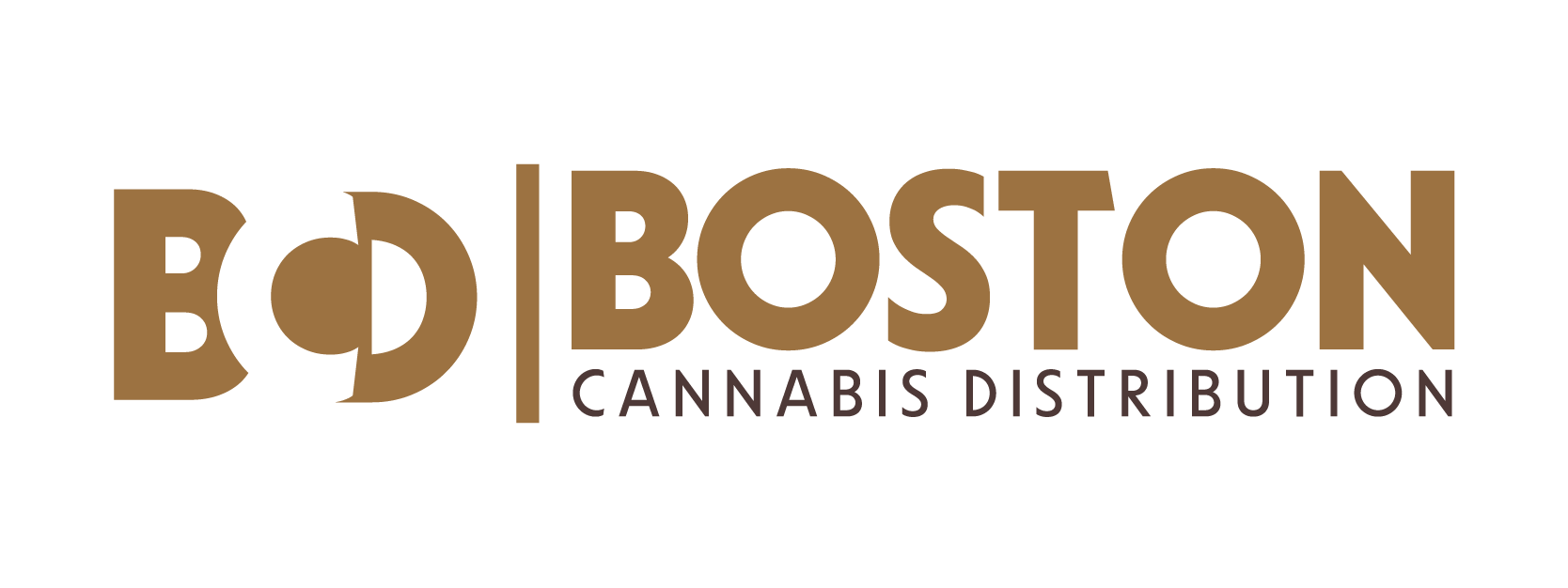In Boston, the conversation around cannabis distribution—encompassing delivery, dispensaries, and broader access—reveals a city at a crossroads. While Massachusetts legalized recreational use in December 2016, the stigma attached to cannabis has proven resilient, morphing rather than vanishing entirely.
Publicly, Bostonians often project a mixture of acceptance and reservation. Support for legalization hovered around 50–60% in the years leading up to the vote, rising gradually with each implementation milestone. In neighborhoods served by dispensaries, many residents acknowledge cannabis’ medicinal and recreational benefits—but some still express unease, rooted in long-standing associations with crime or public disorder.
Healthcare settings provide a telling lens into everyday stigma. A study of cannabis users across the U.S.—including those in the Northeast—found many were reluctant to divulge usage to medical professionals, fearing judgment or altered patient care. In Boston, where healthcare is a pillar of daily life, this hesitancy underscores how redistribution of cannabis hasn’t fully removed the shadows of stigma.
City data supports a nuanced view. From 2017–2021, treatment admissions related to marijuana use in Boston declined, even as opioid- and alcohol-related admissions fell as well. Public health indicators show no uptick in cannabis-related hospitalizations or youth treatment rates, suggesting fears of widespread misuse have not materialized—yet pockets of resistance remain.
Equity issues further complicate local attitudes. Boston has a significant concentration of Black and Latinx residents, and disproportionately impacted neighborhoods continue to bear the legacy of prior enforcement policies. Many see equitable distribution only partially addressed by current frameworks. Community advocates argue that widening access to legal stores and distribution models—especially in underserved areas—could both normalize cannabis and begin repairing historic harms.
Regulatory constraints compound public hesitation. Municipal bans remain in effect throughout Greater Boston—driven by caution among city councils and residents wary of dispensary proliferation. Even in Boston proper, proposed delivery expansions face scrutiny concerning traffic safety, underage access, and zoning disruptions. Cannabis outlets and delivery services discuss obtaining licenses and navigating zoning as often a public relations battle as much as a bureaucratic one.
Yet change is quietly underway. Strong industry growth—over 18,000 cannabis-sector jobs statewide and more than $2 billion in sales—has reoriented cannabis as a legitimate economic engine, not an outlaw trade. Annual events like the Boston Freedom Rally draw thousands, spotlighting both legal progress and continued demand for reform. These public forums nurture community dialogue and normalize cannabis culture through education rather than criminality.
Still, structural stigma persists. Bostonians may legally purchase cannabis—but unspoken norms and social discomfort linger. Researchers note that while legalization helps reduce stigma, normalization evolves slowly: policy removes barriers but doesn’t alone rewrite cultural conditioning.
Looking forward, the shift likely hinges on direct experience. As Boston residents encounter cannabis distribution as a service akin to grocery or alcohol delivery—especially through equity-focused initiatives—public perception may soften. Advocates argue that reframing cannabis as wellness, not vice, is essential.
Read More: Boston’s Equity-Licensed Brands Struggle to Break into Delivery and Wholesale

